“e” is Just as Important as Pi
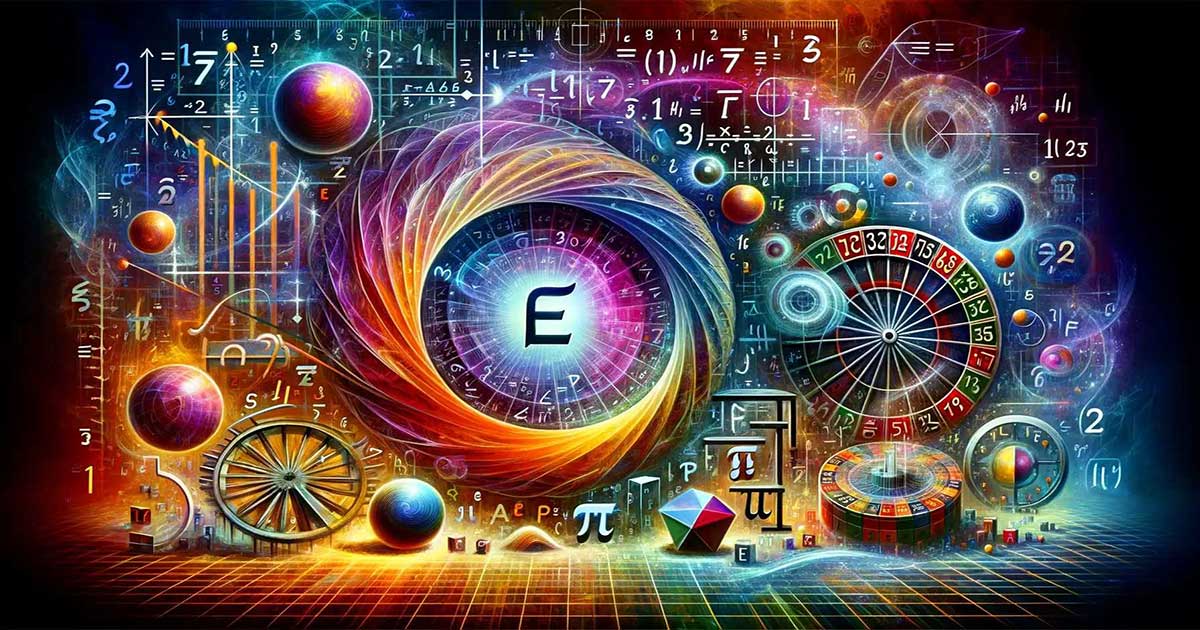
We all have heard of the famous mathematical constant Pi, but did you know there is another constant that is just as important called “e”?
Mathematics is the study of using numbers and measurement to understand the world.

We all have heard of the famous mathematical constant Pi, but did you know there is another constant that is just as important called “e”?

The claim that a game of chess has more possible iterations than atoms in the known universe is valid. While the number of atoms in the universe is incomprehensibly large, the possibilities in a game of chess are even more remarkable.
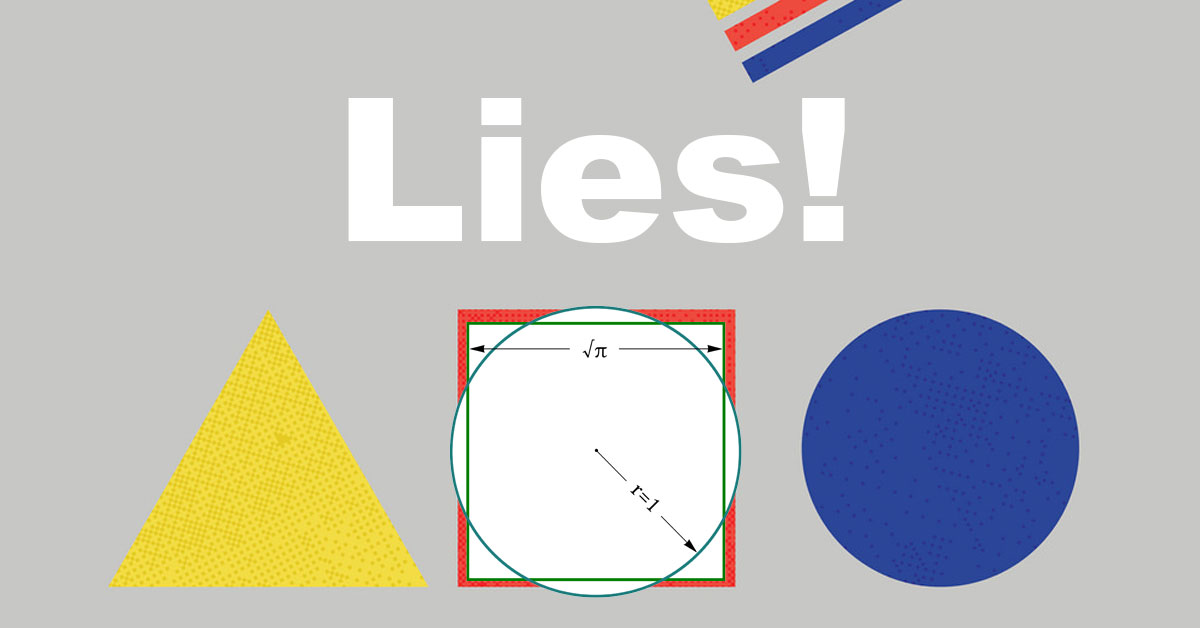
Straight lines and perfect circles don’t exist in reality, they are mathematical abstractions.

There is no limit to the amount of times one can fold a piece of paper in half if the paper is large enough. However, because the thickness of the paper grows exponentially, a lot of paper would be needed to make more than 8 folds.

According to 2016 data, slot machines account for more revenue than all other casino games combined, and penny slots account for more revenue than any other casino game.
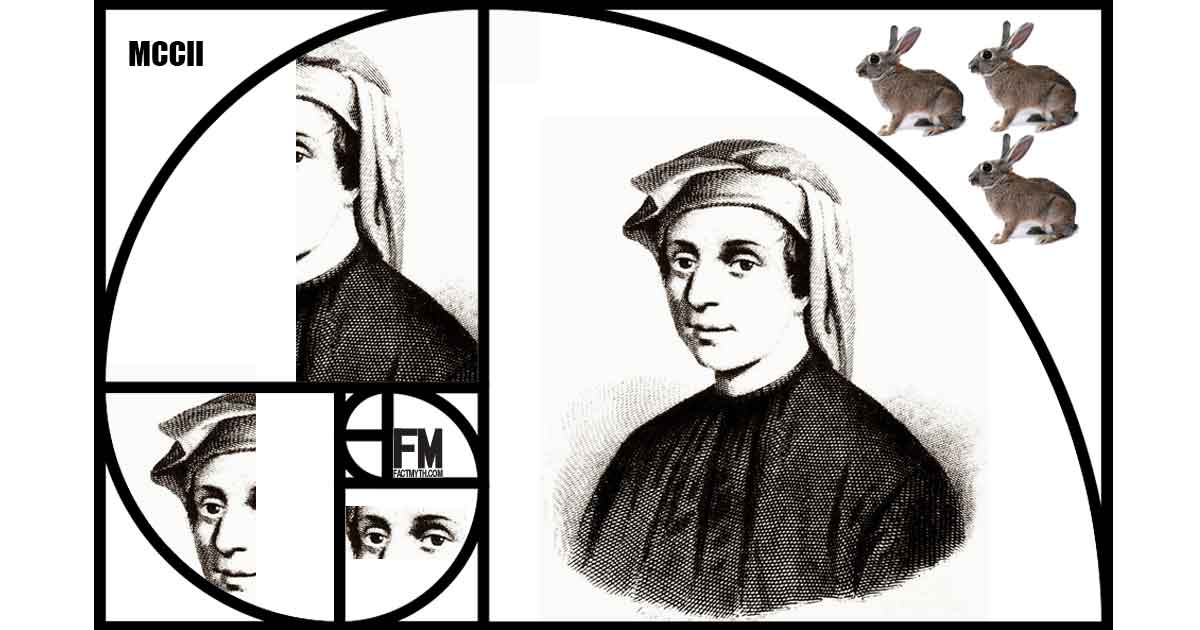
Leonardo Fibonacci introduced the modern decimal numeral system (the Hindu–Arabic numeral system) to Europe in 1202. Before this Roman numerals were used.

The law of large numbers says, the more instances of a probable event that are considered, the more the theoretical and actual results converge.
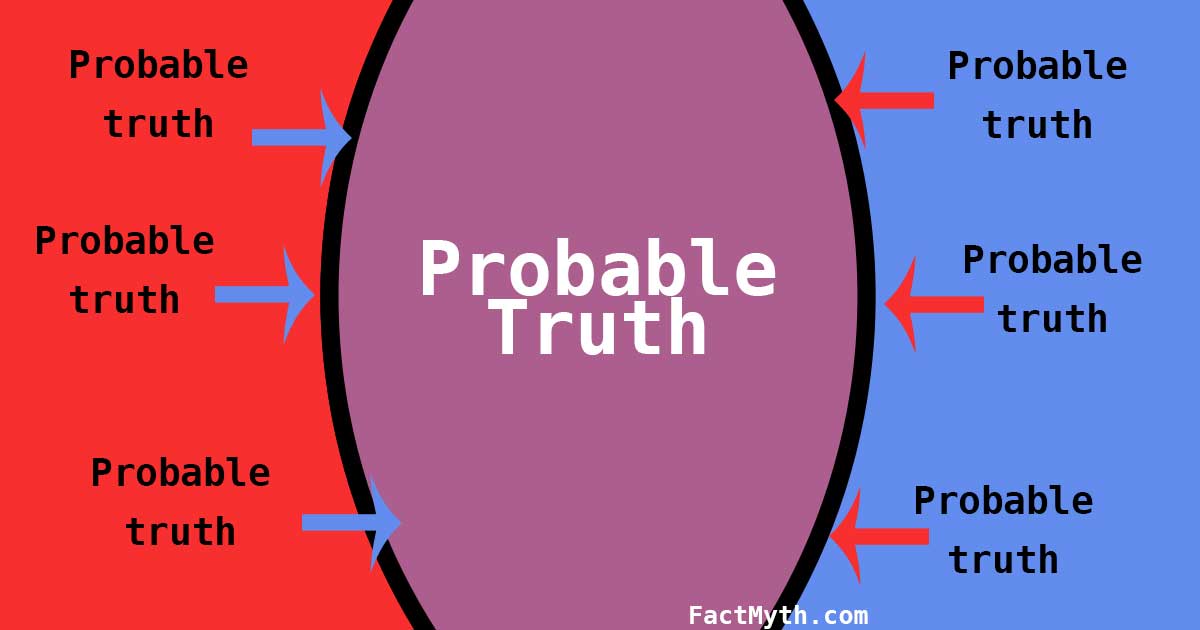
Blaise Pascal and Pierre de Fermat invented probability theory in 1654 to solve a gambling problem related to expected outcomes.
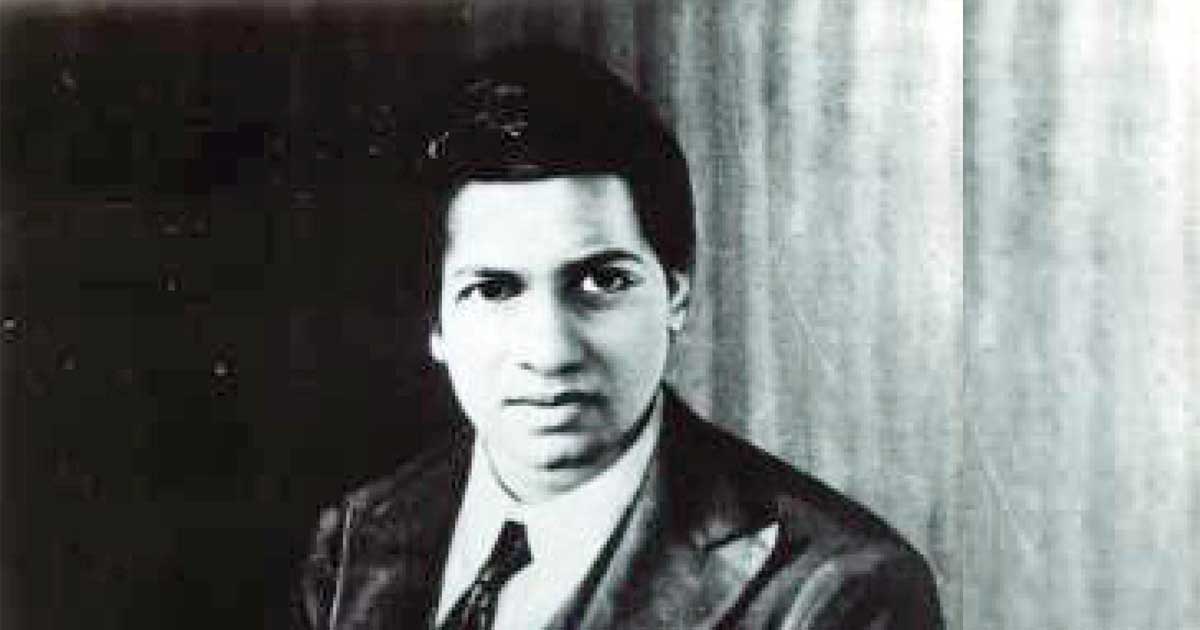
Srinivasa Ramanujan had no formal mathematics training in his early years. He did his research in isolation, rediscovering old theorems and producing new ones.
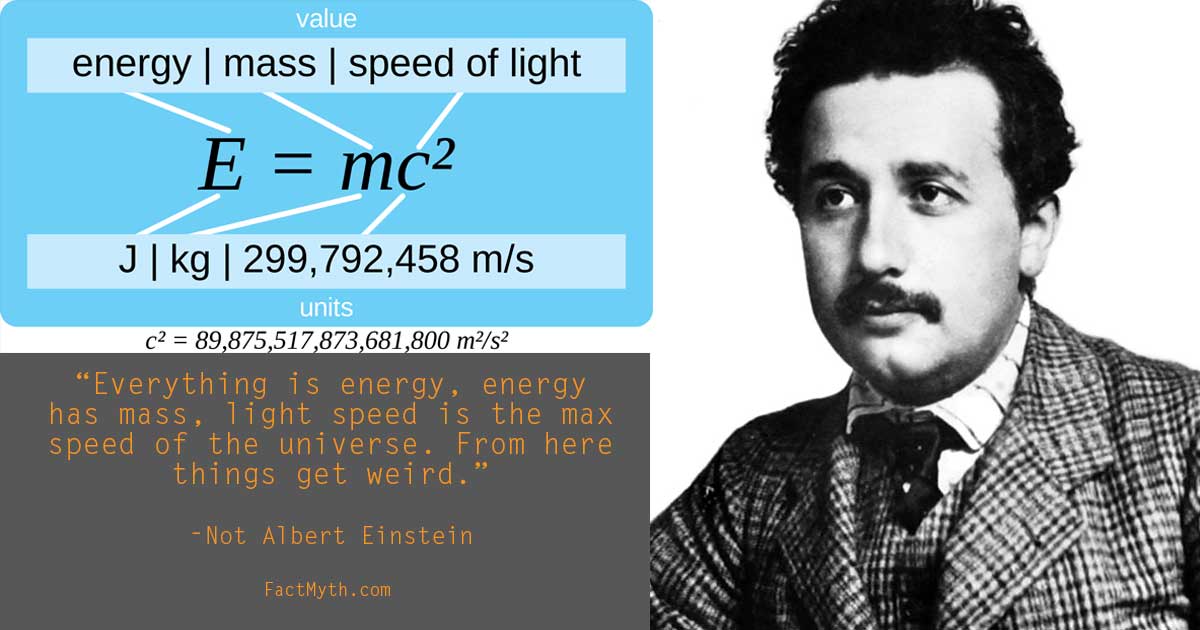
Einstein wasn’t a poor student. Despite minor troubles in French and the Humanities, Einstein was a prodigy in math and physics from a young age.